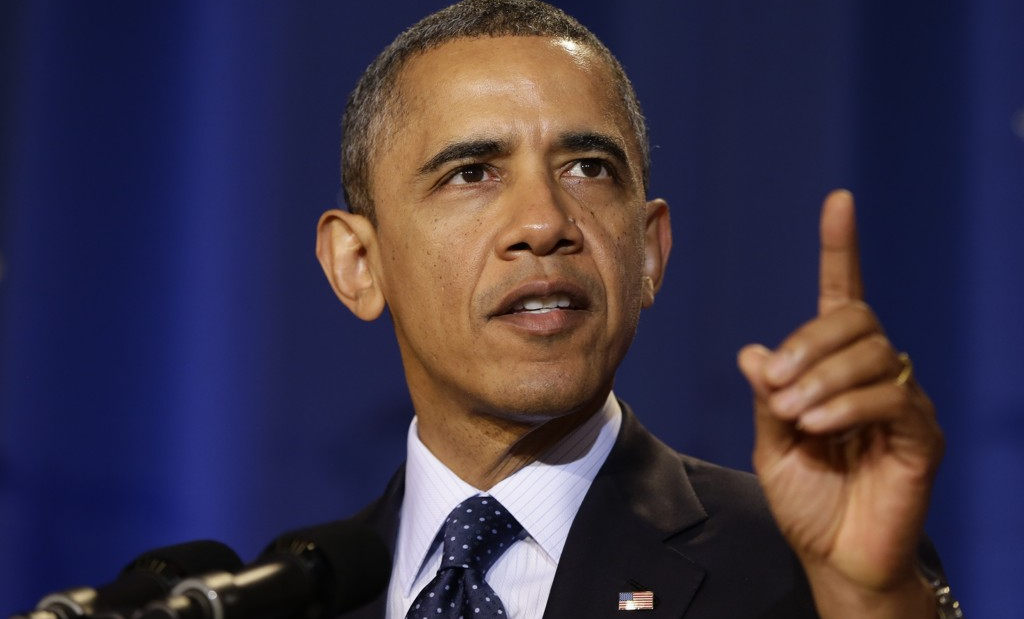eyeforpharma Philadelphia 2014
Make customer centricity work: smart pharma mindsets, models and technology that will seal commercial success
Plan to Cut Drug Costs Will Hurt Pharma Industry’s Bottom-Line
President Barack Obama is targeting drug rebates in efforts to reduce ever rising Medicare costs. This could potentially result in billions of dollars in lost profits for the drug industry.

In his State of the Union address presented last week President Obama confirmed a focus on reducing the government payments for pharmaceuticals used by low-income Medicare beneficiaries. He said he would “reduce taxpayer subsidies to prescription drug companies”.
The New York Times reported that this action could potentially save the government more than $150 billion in the coming 10 years. However the pharma industry is likely to oppose the measure, putting in doubt whether it will go ahead.
The intention is that pharmaceutical manufacturers would be required to offer rebates on drugs for 10 million people known as “”dual eligibles” because they are entitled to both Medicare and Medicaid support, and gaining benefits through Medicare’s Part D prescription drug programme.
A supporter of the proposal John F. Hoadley, research professor at the Health Policy Institute at Georgetown University, told the New York Times that he thinks the reason this idea is so appealing to politicians is because it doesn’t directing impact on health care provision: “I think the attractiveness, politically, is that it’s one of the changes you can make to Medicare that has really pretty significant savings, that doesn’t represent a direct cut in benefits”.
Reuters contacted an analyst with the Morningstar investment research who confirmed that this plan could trim 2 per cent to 7 per cent from the profits of drug manufacturers, depending on how much of the company’s business is in the US and reliant on Medicare reimbursement.
Last week Eli Lilly & Co Chief Executive John Lechleiter voiced his concern about the proposal: "I think this would be disastrous for patients. It would be disastrous for pharmaceutical research. We think it's bad policy and we are going to fight it”. He estimated it would cost the industry $112 billion over 10 years and reduce the number of new drugs developed.
Pharmaceutical Research and Manufacturers of America Senior Vice President Matthew Bennett issued a statement following the speech which outlined his apprehension about the measure: “Part D succeeds for seniors and taxpayers because it’s built on effective competition and the savings negotiated by large powerful private plans—the same plans used by private employers and insurers—on behalf of seniors and taxpayers”.
Bennett further believes that the proposal will do more damage than good to a programme that has proven to be effective: “Analysts have projected that the President’s scheme would harm Part D’s competitive dynamics, yielding higher premiums, more restrictive access to medicines and diminished research on the next generation of medicines.
This has certainly been a hot topic in the US for a while now and has previously produced much unease within the industry. The latest speech by Obama has once again raised the issue. The concern is that there appears to be few other viable options left to enable the US Government to reduce Medicare spending.
eyeforpharma Philadelphia 2014
Make customer centricity work: smart pharma mindsets, models and technology that will seal commercial success
